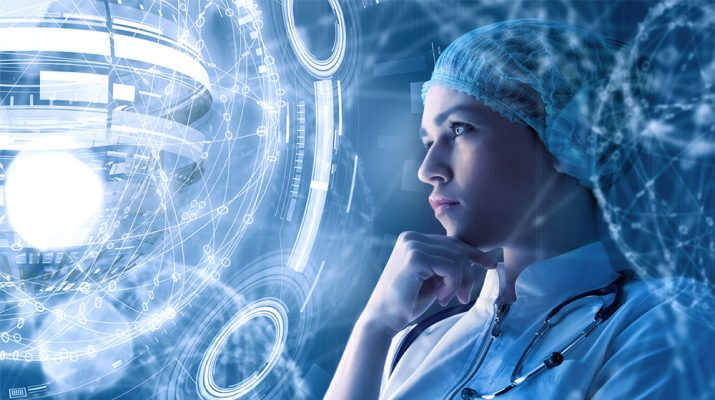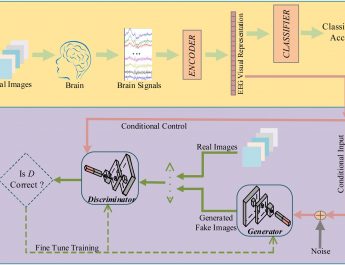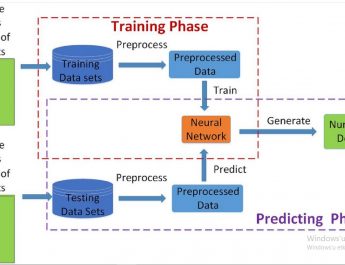Studies show that artificial intelligence is able to interpret medical images using deep learning algorithm.
When diagnosing image-based medical diagnosis, artificial intelligence is in line with human specialists.
The artificial intelligence potential in the healthcare sector has created a sensation. Proponents say this will reduce the burden of resources, free up time for physician-patient interaction, and even contribute to the development of specialized therapies. Last month, the government announced a GBP 250 million budget for the creation of the new NHS AI laboratory.
However, experts warn that the latest results are based on a small number of studies, as this field is full of poor quality research.
One of the most popular applications is the use of artificial intelligence for interpreting medical images – a domain that relies on deep learning, a complex form of machine learning, in which a series of labeled images are introduced into algorithms that select functions and learn how to classify those images. This approach has shown promise in the diagnosis of eye cancer diseases.
However, questions remain about how such deep learning systems correspond to human skills. Researchers now say that they conducted the first comprehensive review of published studies on this topic and found that humans and machines are at the same level.
Professor Alastair Denniston of the Birmingham University Hospital Foundation Foundation and co-author of the study said the results were encouraging, but this study the study was a reality check for some of the hype about Artificial Intelligence.
Dr. Xiaoxuan Liu, lead author of the study agreed. “Artificial intelligence is superior to humans in many ways, but we think that it can at best be equivalent” she said.
READ MORE ON THEGUARDIAN.COM




